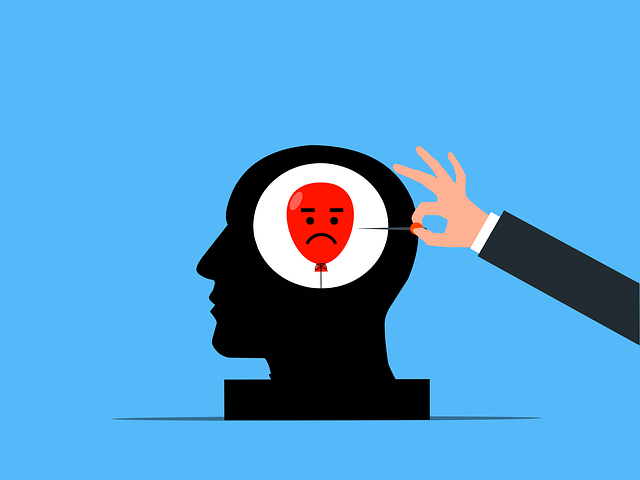Alcohol has been a part of human culture for thousands of years. The earliest evidence of alcohol consumption dates back to 7000 BCE in China, where people brewed a fermented beverage made from rice, honey, and fruit. Throughout history, alcohol has been used for medicinal purposes, religious ceremonies, and social gatherings. Today, alcohol is a widely consumed beverage around the world.
There are many types of alcoholic beverages, including beer, wine, spirits, and liqueurs. Beer is made from fermented grains such as barley and hops. Wine is made from fermented grapes or other fruits. Spirits are distilled from fermented grains or fruits and include vodka, gin, rum, and whiskey. Liqueurs are sweetened spirits that often contain added flavors such as fruit or herbs.
The Effects of Alcohol on the Body
 When alcohol is consumed, it is metabolized by the liver into acetaldehyde and then into acetate. Acetate is then broken down into water and carbon dioxide and eliminated from the body. The rate at which alcohol is metabolized depends on factors such as age, gender, weight, and liver function.
When alcohol is consumed, it is metabolized by the liver into acetaldehyde and then into acetate. Acetate is then broken down into water and carbon dioxide and eliminated from the body. The rate at which alcohol is metabolized depends on factors such as age, gender, weight, and liver function.
Short-term effects of alcohol consumption include impaired judgment, decreased inhibitions, slurred speech, and loss of coordination. These effects can lead to accidents or risky behavior such as drunk driving or unprotected sex. Long-term effects of excessive alcohol consumption can include liver disease, heart disease, cancer, and neurological damage.
Benefits of Moderate Alcohol Consumption
Studies have shown that moderate alcohol consumption can have health benefits such as reducing the risk of heart disease and stroke. Red wine in particular has been found to contain antioxidants that may protect against cardiovascular disease. Other types of alcohol that offer health benefits include beer and spirits.
The recommended daily intake of alcohol varies by country and organization but generally ranges from one to two drinks per day for men and one drink per day for women. It is important to note that these recommendations are for moderate alcohol consumption and excessive drinking can negate any potential health benefits.
Risks of Excessive Alcohol Consumption
Excessive alcohol consumption can have serious health risks such as liver disease, heart disease, cancer, and neurological damage. It can also lead to social and economic consequences such as job loss, financial problems, and strained relationships. Alcohol addiction is a serious condition that can have devastating effects on a person’s life.
It is important to seek help if you or someone you know is struggling with alcohol addiction. Treatment options include therapy, support groups, and medication-assisted treatment.
Factors to Consider When Deciding to Drink
When deciding whether or not to drink alcohol, it is important to consider factors such as age, gender, and health status. Young people and pregnant women should avoid alcohol altogether. People with certain health conditions such as liver disease or high blood pressure should also avoid alcohol.
Family history of alcoholism is another important factor to consider. People with a family history of alcoholism may be more susceptible to developing an addiction themselves. Personal beliefs and values should also be taken into account when deciding whether or not to drink.
Strategies for Responsible Drinking
If you choose to drink alcohol, there are strategies you can use to ensure responsible consumption. These include setting limits on the amount of alcohol you consume, alternating alcoholic drinks with non-alcoholic drinks, and eating food while drinking.
There are also alternatives to drinking alcohol such as mocktails or non-alcoholic beer and wine. It is important to avoid peer pressure to drink and to surround yourself with supportive friends who respect your decision not to drink.
Making an Informed Decision
In conclusion, alcohol consumption has a long history in human culture but it is important to make informed decisions about whether or not to drink. Moderate alcohol consumption can have health benefits but excessive drinking can have serious health and social consequences. It is important to consider factors such as age, gender, and health status when deciding whether or not to drink.
If you choose to drink alcohol, it is important to do so responsibly by setting limits on the amount of alcohol you consume and avoiding peer pressure to drink. Alternatives to drinking alcohol are also available. If you or someone you know is struggling with alcohol addiction, seek help from a healthcare professional or support group.








